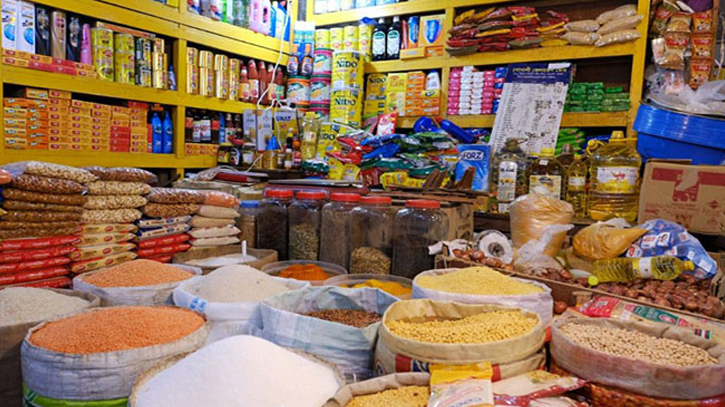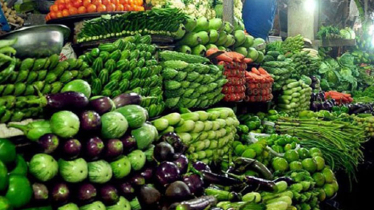
Photo : Collected
The unusual increase in daily commodities’ prices has become a regular occurrence in the country. Once prices surge, they seldom recede. But some products have experienced such abrupt increases that those are now beyond the financial reach of the consumer.
Recently, the cost of a certain product spiked by Tk 70 to 80 per kg in the national market last Friday, after the announcement from the Indian government regarding a ban on onion exports. Local onions are currently being retailed at Tk 180 to Tk 220 in most markets, with Indian onions priced at Tk 160 to Tk 180 taka. According to the media report, onions have disappeared from various markets across the country.
It is evident that the market for daily commodities is beyond our control, with the government lacking influence over its dynamics. Despite assurances from traders that advanced local new onions will decrease the price by the end of the month, the onion market has witnessed increased volatility in the past two days. Traders are dictating prices in different areas of the capital.
In a previous phase, domestic onion prices dropped from Tk 150 to Tk 100–110 per kg over two weeks, while Indian onions dropped from Tk 80 to Tk 90.
On the other hand, India, the largest onion exporter, shipped 9.75 million metric tonnes of onions from April 1 to August 4 of this fiscal year, with Bangladesh, Malaysia, and the United Arab Emirates ranking first, second, and third, respectively.
As the pressure on the government intensified due to rising prices, a 40 percent duty was imposed on onion exports six months ago, along with fixed quotas to
hinder exports. Eventually, a ban on exports until March 2024 was imposed to stabilise onion prices in India. The price of onions is intricately tied to the country’s production, and importing from India, the primary source, has become challenging due to tariffs and fixed export prices.
Meanwhile, Commerce Minister of Bangladesh Tipu Munshi acknowledged that certain unscrupulous traders are exploiting price fluctuations in essential commodities, causing hardship for the public. He warned that individuals, regardless of political affiliation, would not be exempt.
We believe that the minister's warning amounts to mere verbal intimidation, reflecting a pattern where government statements have consistently proven ineffective.
Nevertheless, strong and decisive actions are deemed necessary to alleviate the burden on the common people.
Messenger/Fameema








